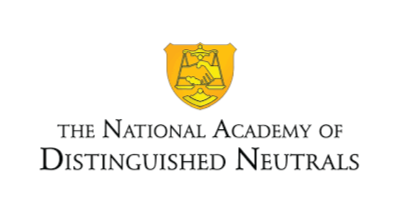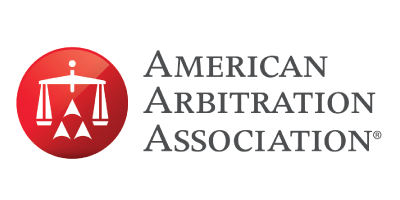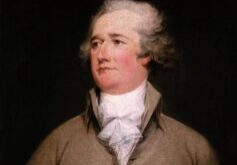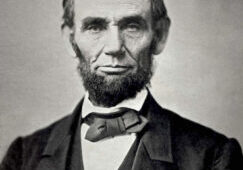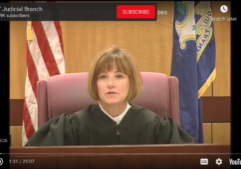The Rule of Reciprocity
by Judge Elaine Gordon (ret.)

Elaine Gordon is a retired Superior Court judge and founder of Gordon ADR. She is a member of the National Academy of Distinguished Neutrals and a Distinguished Fellow of the International Academy of Mediators.
A Note from Judge Gordon
Happy summer to all my friends and colleagues in the legal profession. I hope you are enjoying all that is beautiful about New England at this time of year.
Since my last column, I was delighted to be invited to speak at Osgoode Hall Law School in Toronto as well as the National Employment Lawyers Association annual meeting in Atlanta on ADR. I always feel like I gain much more than I give at these forums. I also am very grateful for being able to meet such wonderful people from around the world.
Where does the time go? It’s hard to believe that August will mark 4 years since I retired from the bench and started Gordon ADR. Please accept my sincere thank you for welcoming me so enthusiastically to the world of Alternative Dispute Resolution.
So much for retirement!
At the latest meeting of the International Academy of Mediators, we explored the unconscious factors affecting parties and mediators during negotiations.
I write this month on “Reciprocity.” I hope you enjoy it.
Confucius was asked: “Master, is there a single word which may serve as a rule of practice for all one’s life?” To this Confucius replied: “Is not ‘reciprocity’ such a word?”
The rule of reciprocity says that we should “try to repay, in kind, what another person has provided us.” This rule is basic to human behavior and exists in every society that has been investigated for years by anthropologists. It also is a fundamental part of bargaining. It can be used to encourage your bargaining partner to make a greater concession toward settlement, or to express displeasure at the lack
of movement. It encourages the compromise necessary not only to settle a lawsuit, but for every human interaction.
Dr. Robert Cialdini points out in his book Influence: The New Psychology of Modern Persuasion, that “the rule of reciprocity is so powerful as a social construct that it often produces a ‘yes’ response even under disagreeable circumstances between people who do not like each other. Even when someone has never requested a gift, good or service, they feel inclined to repay whatever token is received.”
The most colorful example Dr. Cialdini gives is that of the Hare Krishna sect who solicited donations at airports in the 1970’s. First they gave their target a flower, and only then did they ask for a donation. People may have found the orange robed strangers odd or obnoxious, but they still donated, even if they threw the flower in the trash moments later. The Krishna had invoked the essential human rule of reciprocity and from that built a wealthy enterprise.
This benefactor-before-beggar strategy has implications in negotiations as well. Having completed several hundred mediations since retiring from the bench, I have seen the unconscious use (or perhaps intentional use) of reciprocity to great success. I have also witnessed the difficulty in settlement, when one side employs the “all take and no give” approach at a mediation session.
Reciprocity is a deep and powerful principle that is all but impossible to resist. In mediations, reciprocity advances compromise. So, the next time you prepare for a mediation, consider how and when you want to make a concession, or respond to one, which might lead you closer to settlement.
As more and more cases head toward mediation, lawyers are realizing that new skills and strategies are required to achieve the intended result. Mediations are negotiations - not trials or even pre-trials.
Great advocacy skills that win cases at trial often can inhibit a successful mediation. Lawyers who promote mediation, and understand the role of reciprocity in negotiations, are achieving great results for their clients.
You may also be interested in ...
